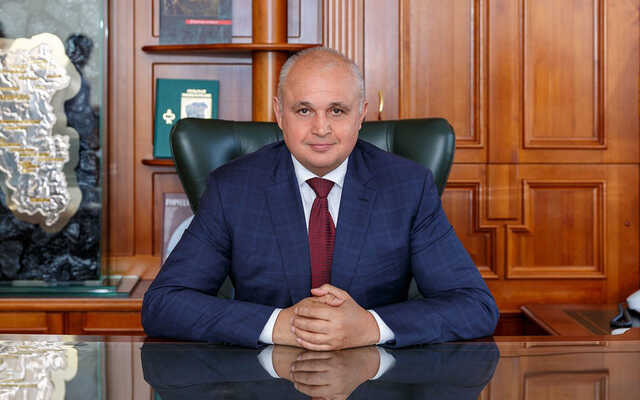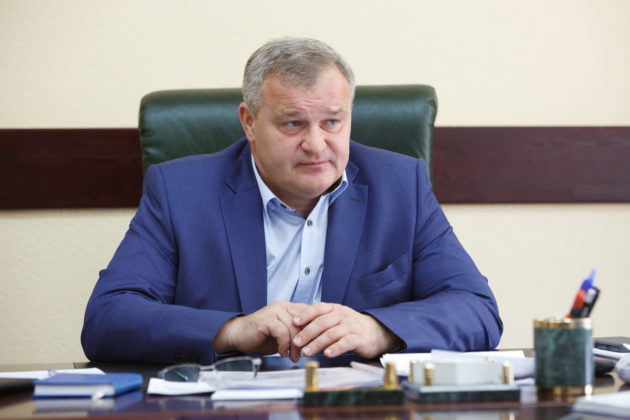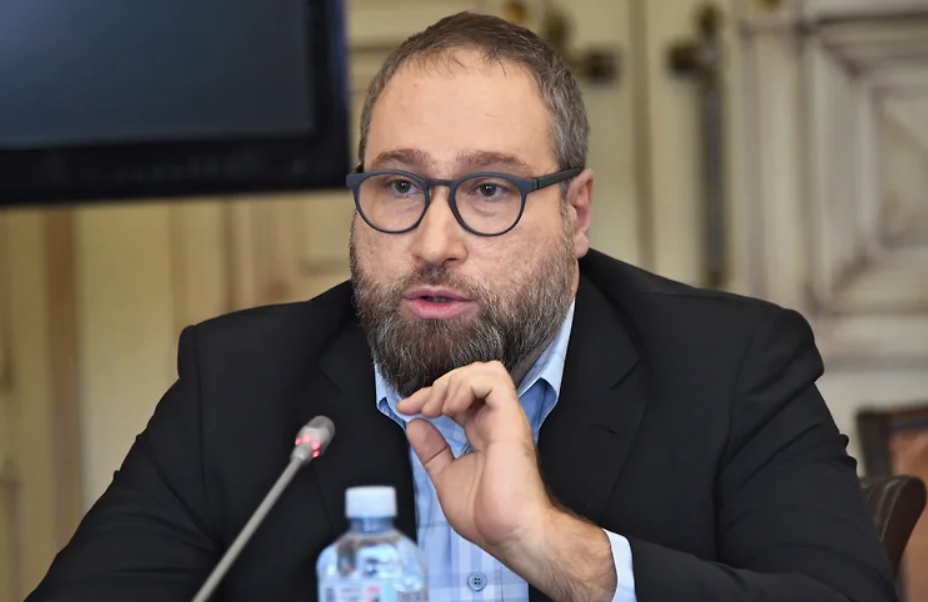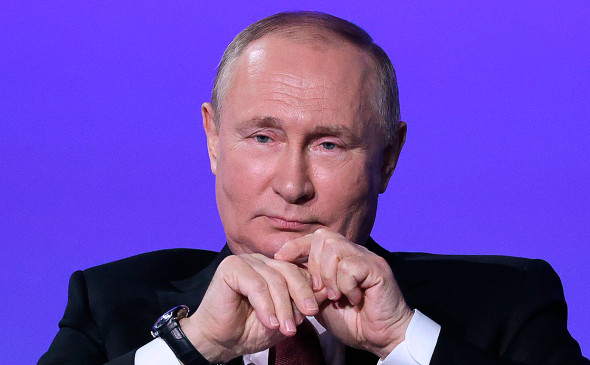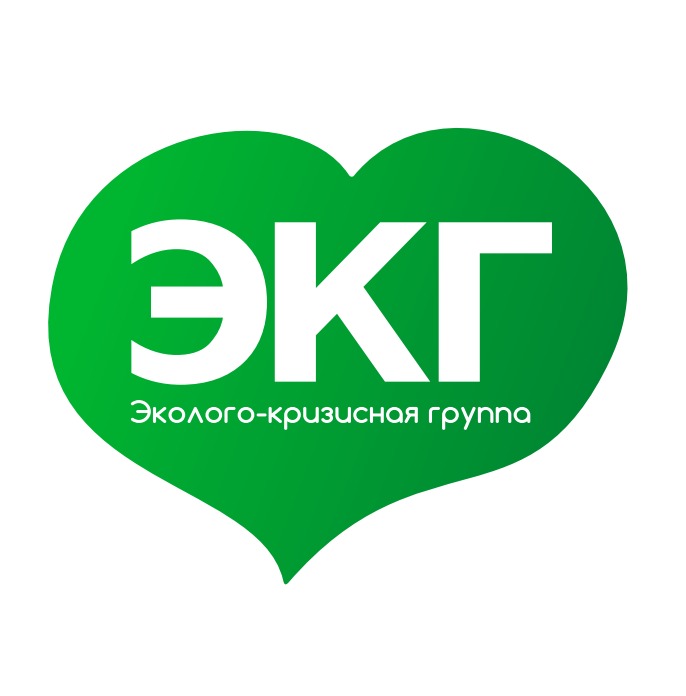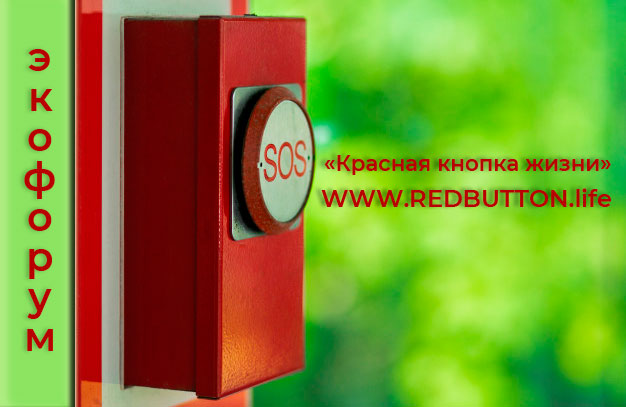The Kolmar Group has licenses for the development of the Chulmakansky and Denisovsky coal deposits in Yakutia (officially referred to as the Republic of Sakha), Russia. The balance reserves of the sites licensed to develop by the Kolmar Group exceed 1.1 billion tons of coal. According to the Russian classification, they are A+B+C1 mineral reserves. (Note. Like in the USSR, mineral reserves in the Russian Federation fall into four categories—A, B, C1, and C2, which roughly correspond to the proved/measured, probable/indicated, and possible/inferred categories in other countries. End Note.) Production volume in 2012 was two million tons of coking coal. In 2020, the company mined 12 million tons of coking coal and announced plans to reach in 2022 a production level of 22 million tons of the “K” and “KZh” grades of coking coal. INN 7701924275.
The main assets of the company are the mines and open-pit mines near the village of Chulman, where the Denisovsky and Ingalinsky mining and processing plants operate. More than 70 percent of the processed coal is exported, mainly to the Asia-Pacific region.
OWNERS
Kolmar was founded in 2004 by Bixcut Holdings and Magora Trading, both based in Cyprus, and Saybrook Capital, registered in the British Virgin Islands, in order to organize the management of coal mining operations and to develop coal deposits in the south of Yakutia. Part of the assets were acquired from the EVRAZ Group, whose controlling interest was owned by billionaires Roman Abramovich and Alexander Abramov.
In April 2010, a controlling stake in the Kolmar Management Company was acquired by the Integro company of oligarch Mikhail Prokhorov, who was close both to President Putin and, especially, to Dmitry Medvedev, then the formal head of state. In 2012, a deal was made to sell 60 percent of Kolmar—the entire stake owned by Integro—to companies of oligarch Gennady Timchenko, one of Putin’s most trusted confidants.
In March 2014, due to economic sanctions against Russia imposed by Western countries, Gennady Timchenko sold his stock in Gunvor Group to his partner, Swedish billionaire Torbjörn Törnqvist, “for corporate security reasons.”
In April 2015, Gunvor Group sold its stake in Kolmar to companies of oligarchs Iskander Makhmudov and Andrey Bokarev. The remaining 40 percent of Kolmar belonged to Bixcut Holdings, controlled by the founder of the company, Anatoly Mitroshin. He went out of business in 2017, selling his share of stock to the company’s CEO Sergey Tsivilyov, now Governor of Kemerovo Oblast and allegedly a distant relative of Vladimir Putin. In 2018, Tsivilyov bought out Bokarev’s share, thus increasing his own stake in the company to 70 percent. Soon thereafter Tsivilyov left his post as CEO due to his appointment as governor. The remaining stake is still controlled by Gennady Timchenko through the Volga Group investment company.
Sergey Tsivilyov
The Kolmar Group is currently run by Kuzbass governor’s brother, Valery Tsivilyov, and the governor’s wife, Anna Tsivilyova, is Chair of the Board of the Kolmar Management Company.
It is hard to find another company with so many notorious Russian oligarchs associated with its name.
TAX EVASION SCHEMES
Since coal mining is the most corrupt industry in Russia, coal companies show losses or extremely low profits. As a result, although coal is mostly exported, taxes paid by coal companies are negligible. The Kolmar Group, which consolidates the coal assets of South Yakutia, is no exception. In 2018-2020, for example, it showed losses of 1.7 billion rubles (USD 22.7 million), 288 million rubles (USD 3.84 million), and 391 million rubles (USD 5.21 million), respectively. In 2020, the company paid in taxes only 918,000 rubles (USD 12,240).
The Kolmar Management Company, which manages the mining operations and owns all the mining facilities, for the first time showed a significant profit of 234 million rubles (USD 3.12 million) in 2020. However, that the proceeds from selling 12 million tons of high-quality coking coal were only 1.47 billion rubles (USD 19.6 million) looks very doubtful.
In 2020, the Denisovsky and Ingalinsky mining and processing plants showed a loss of 3.4 billion rubles (USD 45.3 million) and 0.3 billion rubles (USD 4 million), respectively.
INVOLVEMENT IN CORRUPTION AND CRIME
The success of extracting companies in Russia depends to a large extent on having “good relations” with government officials who are able to create the most favorable conditions for the company.
In 2017, for example, the Denisovsky and Ingalinsky mining and processing plants were registered as the first residents of the Advanced Special Economic Zone (ASEZ) “South Yakutia,” and the VaninoTransUgol company, part of the Kolmar Group, became a resident of the Free Port of Vladivostok in Vanino, Khabarovsk Kray. (Note: The Free Port Vladivostok is a territory where investors enjoy special administrative, customs, and tax regulations. End Note.)
The South Yakutia ASEZ offers investment-friendly regulations to encourage entrepreneurial activities. In fact, it means preferential taxation for the ASEZ residents, as well as simplified administrative procedures and some other benefits. The corporate income tax for the ASEZ residents is no higher than 5.0 percent, social contributions are 7.6 percent, and there are no mineral extraction, property, or land taxes.
To create the ASEZs, Russia’s Civil, Urban Development, Labor, Land, and Forest codes were amended. For the South Yakutia ASEZ, specializing in mining, of particular importance is the special land use procedure, due to which the residents do not have to comply with the environmental regulations. Other benefits include the free customs regime and the preferential procedure for connecting to infrastructure. In fact, the South Yakutia ASEZ was created in order to maximize the profit of the Kolmar Group.
This assertion is confirmed by the fact that the South Yakutia ASEZ is managed by the South Yakutia ASEZ Management Company, a subsidiary of the Kolmar Group. The CEO of the Kolmar Group is Valery Tsivilyov, the brother of Kolmar’s owner and current Governor of Kemerovo Oblast, Sergey Tsivilyov
The South Yakutia ASEZ does not benefit either Yakutia or government budgets at any level. The declared goal of creating 8,800 jobs has not been attained. Instead, since Kolmar began to receive preferential treatment, the population of the nearby Chulman village has decreased from 8,101 residents in 2017 to 7,433 in 2021. Meanwhile, due to the simplified procedure for hiring foreign labor, Kolmar managed to bring about 2,000 Ukrainian miners from the occupied Donbass territory, who are used whenever local residents refuse to work because of poor working conditions and low wages.
The very creation of the Kolmar company became possible due to corruption schemes implemented by its founder and CEO Anatoly Mitroshin. The Russian media described the period of initial capital accumulation and the consolidation of coal assets as follows: “...new oligarchs got rich using the following steps. First, they would buy an unprofitable mine and put it in order with the help of small investments. Then, all of a sudden, the mine would be added to the list of coal suppliers for the needs of the region and, as such, it would start getting government subsidies for its products. As the number of mines owned by Mitroshin grew, more and more money from government coffers went offshore through [Mitroshin’s] Acropolis Bank. All the interested parties got their share of profit.”
VIOLATIONS OF INDUSTRIAL SAFETY STANDARDS
Is a widespread way in today’s Russia to reduce production costs in coal mining. In 2018, Rostekhnadzor (Federal Environmental, Industrial, and Nuclear Supervision Service of Russia) conducted an investigation into the death of a miner at the Denisovsky mining and processing plant, which revealed gross violations of safety standards, a discrepancy between the documentation with the existing geological and mining conditions, and non-compliance with underground excavation safety regulations, resulting in the risk of landslides, rock collapse, etc. Another inspection by Rostekhnadzor in March 2020 at the Denisovsky site revealed similar violations of industrial safety.
In February 2020, the Lena Branch of Rostekhnadzor filed over a dozen lawsuits against Kolmar with the Arbitration Court of Yakutia. The lawsuits stated that the company had failed to comply with the Rostekhnadzor orders to fix the violations.
ENVIRONMENTAL DAMAGE. Kolmar has repeatedly attracted the attention of Yakutia authorities because of the damage caused to nature. According to the Ministry of Ecology, Nature Management, and Forestry of Yakutia, in 2018, an unscheduled inspection of the republic’s environmental prosecutor office found that the Denisovsky mining and processing plant had discharged waste water into the Dezhnevka Creek, a tributary of the Chulman River.
The damage was estimated at 127.7 million rubles (USD 1.7 million). The Denisovsky plant failed to pay for the damage in due time. Although, as a result of the litigation, the company undertook to build wastewater treatment facilities, the pollution of the Dezhnevka Creek and the Chulman River continues.
Coal contains the minerals pyrite and marcasite, natural compounds of iron and sulfur. When coal surfaces are exposed, pyrite comes into contact with water and air and forms sulfuric acid. The same process takes place in the waste dumps and will continue for decades to come, even after mines and open-pit mines are closed. Sulfuric acid in water bodies can be very destructive to plants and animals. Even bacteria and viruses cannot live there.
@blackmark_en – in Russian
Follow us:
Telegram in Russian
Telegram in English
Facebook in Russian
Facebook in English
Instagram in Russian
Instagram in English




